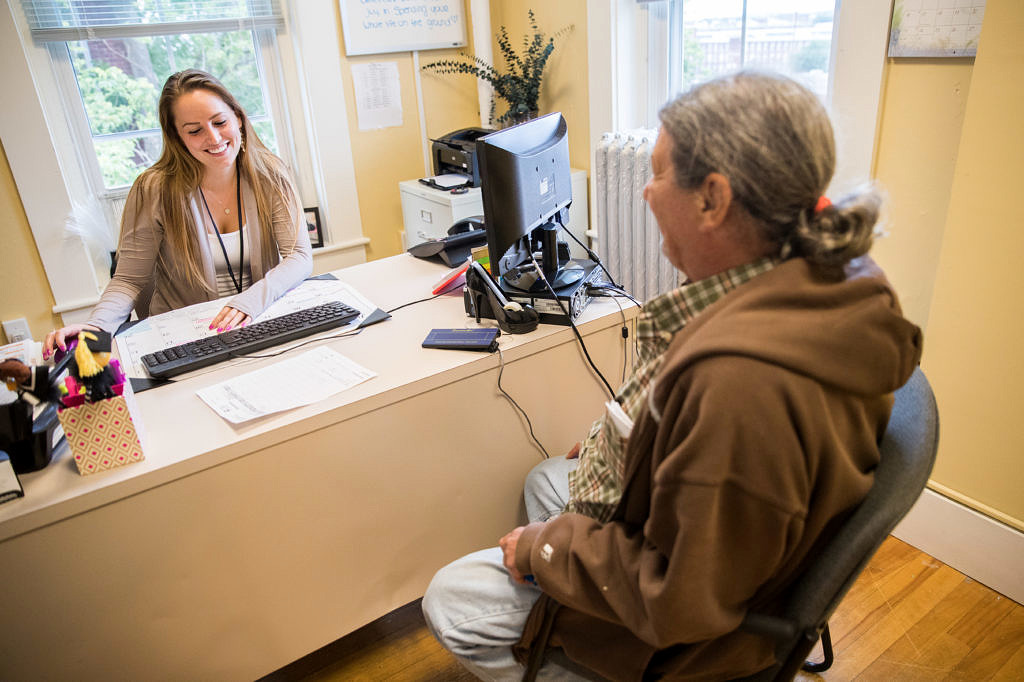
April is Second Chance Month, part of a nationwide effort to raise awareness about the impact of incarceration on individuals, families, and communities, and to break down barriers so people can move forward in their lives.
Prison Fellowship launched Second Chance Month in 2017 to build awareness and advocacy, and it has since been recognized at the highest levels of government. President Biden recently signed a proclamation observing Second Chance Month, 2021. The president called for greater opportunities for individuals who’ve been incarcerated and rethinking our nation’s justice system, including focusing on strengthening reentry support, expanding alternatives to incarceration, reducing recidivism, and addressing racial inequities.
“After incarcerated individuals serve their time, they should have the opportunity to fully reintegrate into society,” Biden wrote in his proclamation. “It benefits not just those individuals but all of society, and it is the best strategy to reduce recidivism.”
For more than a century, Community Resources for Justice has been advancing the goals of Second Chance Month. This work is central to CRJ’s mission of changing lives and building stronger, safer communities, and it is a core part of what the organization does each day through its Social Justice Services reentry programs and the work of the Crime and Justice Institute, CRJ President and CEO Deb O’Brien said.
“The continued national recognition of the critical importance of bolstering reentry services and using evidence-based strategies to reduce recidivism is cause for celebration of the work that our dedicated staff do every day and the incredible resilience and success of the individuals we serve.” O’Brien said. “It’s also a call for us to redouble our efforts to improve lives of individuals and families affected by incarceration, both through direct services and policy work.”